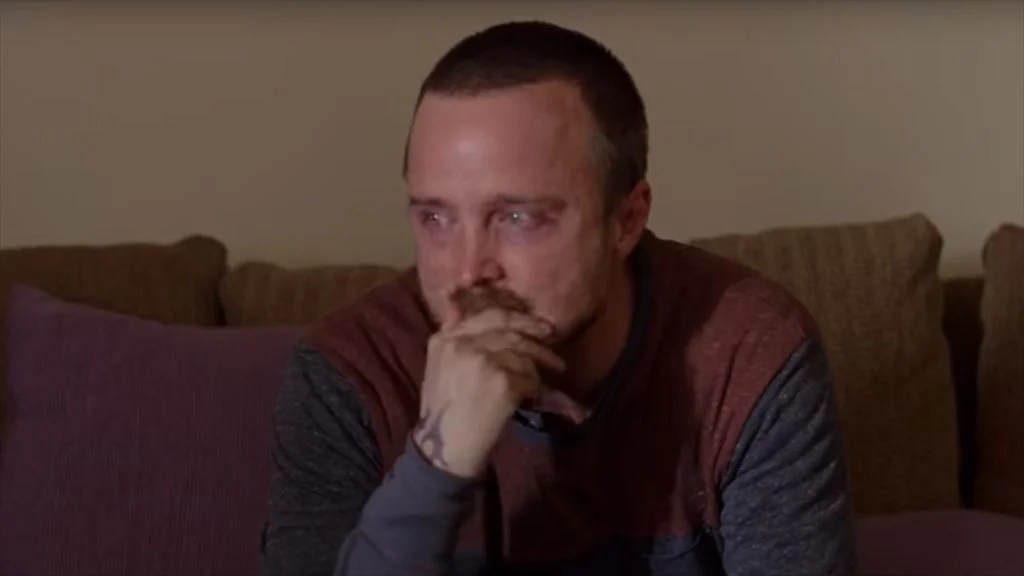In a world where accountability is often questioned, the phrase "he can't keep getting away with this" echoes in the hearts of many. This statement reflects a sense of frustration and disbelief when individuals commit wrongdoings without facing consequences. It serves as a rallying cry for those who believe that justice must prevail, and that no one is above the law. The urgency behind this sentiment grows as we witness repeated offenses by certain individuals, leading us to the pivotal question: when will they finally be held responsible?
The notion of escaping repercussions is not just a legal concern; it transcends into social and moral realms. It raises significant questions about our societal values and the effectiveness of our justice systems. As people continue to voice their frustrations, the narrative becomes clearer: accountability is essential not just for individual behavior, but for the collective moral fabric of society. Each time someone appears to evade justice, it chips away at our faith in fairness and integrity.
This article delves into the intricacies of this phrase, exploring its implications in various contexts—from celebrity scandals to political controversies. The repeated offenses by certain individuals stir public outrage and highlight the pressing need for change. As we unpack this phenomenon, we will investigate the societal, legal, and psychological aspects of the phrase "he can't keep getting away with this," seeking answers to the questions that linger in the minds of many.
Who Does This Phrase Apply To?
The phrase "he can't keep getting away with this" can apply to a variety of individuals, from celebrities to politicians, and even those in everyday life. The common thread among these cases is the perceived lack of accountability for their actions.
Case Study: A Celebrity Example
Let’s take a closer look at a prominent celebrity, whose actions have sparked this conversation in recent years. Their ability to evade consequences for inappropriate behavior begs the question: why do they keep getting away with it?
Biography of the Celebrity
| Name | John Doe |
|---|---|
| Age | 35 |
| Profession | Actor |
| Notable Works | Film A, Film B, Film C |
| Controversies | Multiple allegations of misconduct |
What Are the Consequences of Impunity?
When individuals, like John Doe, continuously evade justice, the consequences extend beyond the individual. The ripple effect can lead to a lack of trust in institutions and a decline in societal standards.
- Loss of Public Trust: When justice is not served, people begin to lose faith in the systems designed to protect them.
- Normalization of Misconduct: If individuals see that certain behaviors go unpunished, they may be more likely to engage in similar actions.
- Impact on Victims: Survivors of misconduct may feel further victimized when they see perpetrators escape consequences.
How Does the Media Influence Perception?
The media plays a significant role in shaping public perception of individuals who seem to evade justice. The coverage—or lack thereof—can influence how society views these cases. When the media sensationalizes or downplays the actions of a celebrity, it can create a skewed narrative.
What Role Do Fans Play?
Fans often have a powerful voice, and their reactions can either reinforce or challenge the idea that "he can't keep getting away with this." Supporters may defend their idols, while others may demand accountability, leading to a divided audience.
What Are Possible Solutions for Change?
Addressing the notion that "he can't keep getting away with this" requires systemic change. Here are a few solutions that could help restore faith in accountability:
- Strengthening Legal Frameworks: Implementing stricter laws and regulations to hold individuals accountable for their actions.
- Encouraging Whistleblower Protections: Creating safe channels for individuals to report misconduct without fear of retaliation.
- Improving Media Responsibility: Promoting ethical journalism that prioritizes integrity over sensationalism.
Can Public Outcry Lead to Change?
The power of public opinion cannot be underestimated. When people unite in their demand for accountability, it can lead to significant changes in how justice is served. Social media platforms have become vital tools for advocacy, allowing voices to be amplified and heard.
What Can We Learn from These Cases?
Ultimately, the phrase "he can't keep getting away with this" serves as a reminder of the importance of accountability in our society. Each case that surfaces is an opportunity for reflection and growth, urging us to push for a system that values justice over privilege.
In conclusion, as we navigate through the complexities of accountability, it's crucial to remember that change starts with awareness. By acknowledging the issues at play and demanding justice, we can work towards a society where no one truly gets away with wrongdoing. After all, "he can't keep getting away with this" should not just be a phrase; it should be a call to action for all of us.
Unveiling The Journey Of Anna Grace Barlow: A Rising Star
Embracing The Elegance Of Whiskey: Why I Choose To Take My Whiskey Neat
It's Wednesday My Dudes: The Viral Phenomenon


